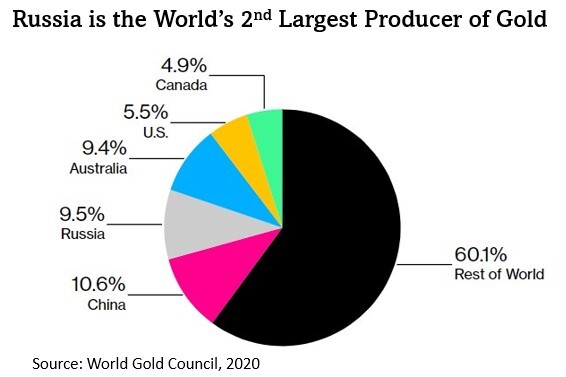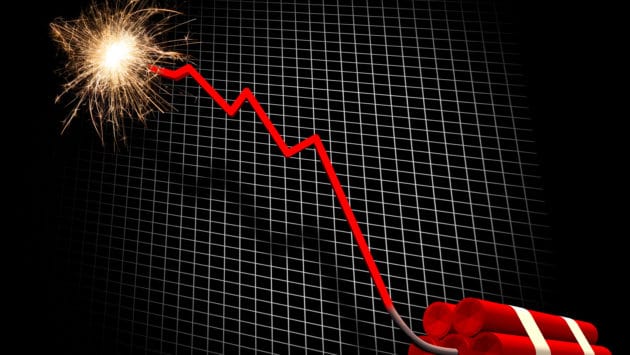A ban on holding gold in the US may be hypothetical, but if you’re concerned about it, you’ll find comfort in looking at the outcome of the G7 nations’ recent ban on Russian gold.
The post Why Banning Gold Does Not Work — the G7 Ban on Russia Example appeared first on Gold Alliance.,

A national survey in August 2022 found that almost 60% of Americans think the country is in a recession, and that they blame Joe Biden and the Democrats. The continued problems of Covid infections and inflation hit low- and middle-income citizens especially hard in 2022.
We need to starve the Putin regime of its funding. The UK and our allies are doing just that.
Former US Prime Minister Boris
Johnson
Then, in a continued effort to force Russia to halt the war with Ukraine, the G7 countries and the European Union agreed in July to ban all imports of Russian gold. However, the ban and the earlier suspension may have little to no effect on the price of gold or Russia’s export revenue. The sanctions may be difficult, if not impossible, to enforce — they are as effective as banning Russian air from crossing its borders and entering Europe. Here’s why.
Gold is anonymous and untraceable
Gold produced in Russia is the same as gold from Canada or the United States. The purity of gold effectively eliminates tracing the metal’s source by chemical analysis. More importantly, however: A gold bar is easily melted and recast. Russian gold could therefore easily be recast or imprinted with a different origin, date, and/or serial number either by Russia itself or one of its trading partners that are not following the sanctions, such as China.
China and India will replace the G7 nations’ purchases
In 2020, the UK represented over 90% ($16.9B) of Russia’s gold exports, and the sanctions have now closed the UK market. China and India — the #1 and #2 global consumers of gold — accounted for just around $100 million of Russian gold exports, but that number will likely soar. The two are already snapping up Russia’s oil and will readily absorb the UK’s share of gold exports.
The sanctions won’t affect the price of gold
The price of gold is determined by supply and demand, and we know now that the Russian supply of gold won’t be impacted — the precious metal will simply find its way to the market via Russia’s trading partners who are not enforcing the sanctions. The demand won’t be affected either because the need for gold will persist.
If the sanctions were working, the supply of gold would have decreased significantly as Russia is the world’s second-largest producer of the metal.

A lower supply would increase the price of gold, and we haven’t seen a recent spike in the gold price.
While the sanctions might complicate the sale and delivery of gold, their impact on the gold price and supply seem nonexistent. Russian gold continues to be refined and shipped out of Russia. Demand and supply conditions seem essentially immune to the ban, and therefore the gold price should be as well.
What the G7 ban does show is how difficult it is to disrupt the gold trade or harm gold holders, even when a ban is enacted by superpowers such as the G7 and the EU. Gold doesn’t need a system to exist. If you hold it and can ship it, it will find its way to the market.
The post Why Banning Gold Does Not Work — the G7 Ban on Russia Example appeared first on Gold Alliance.
,



